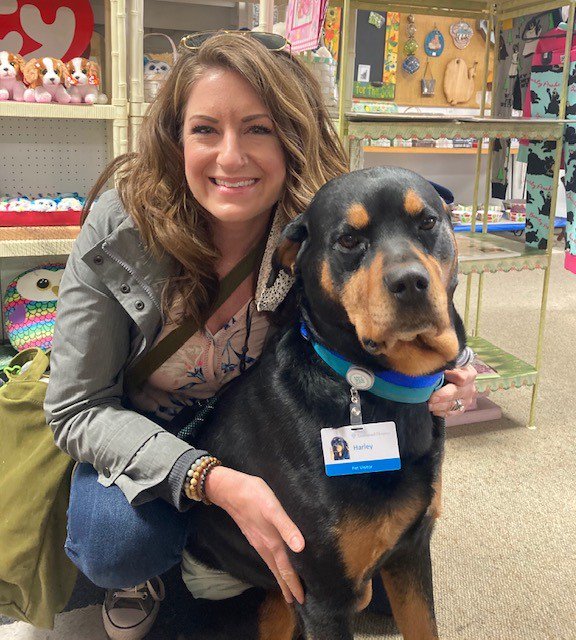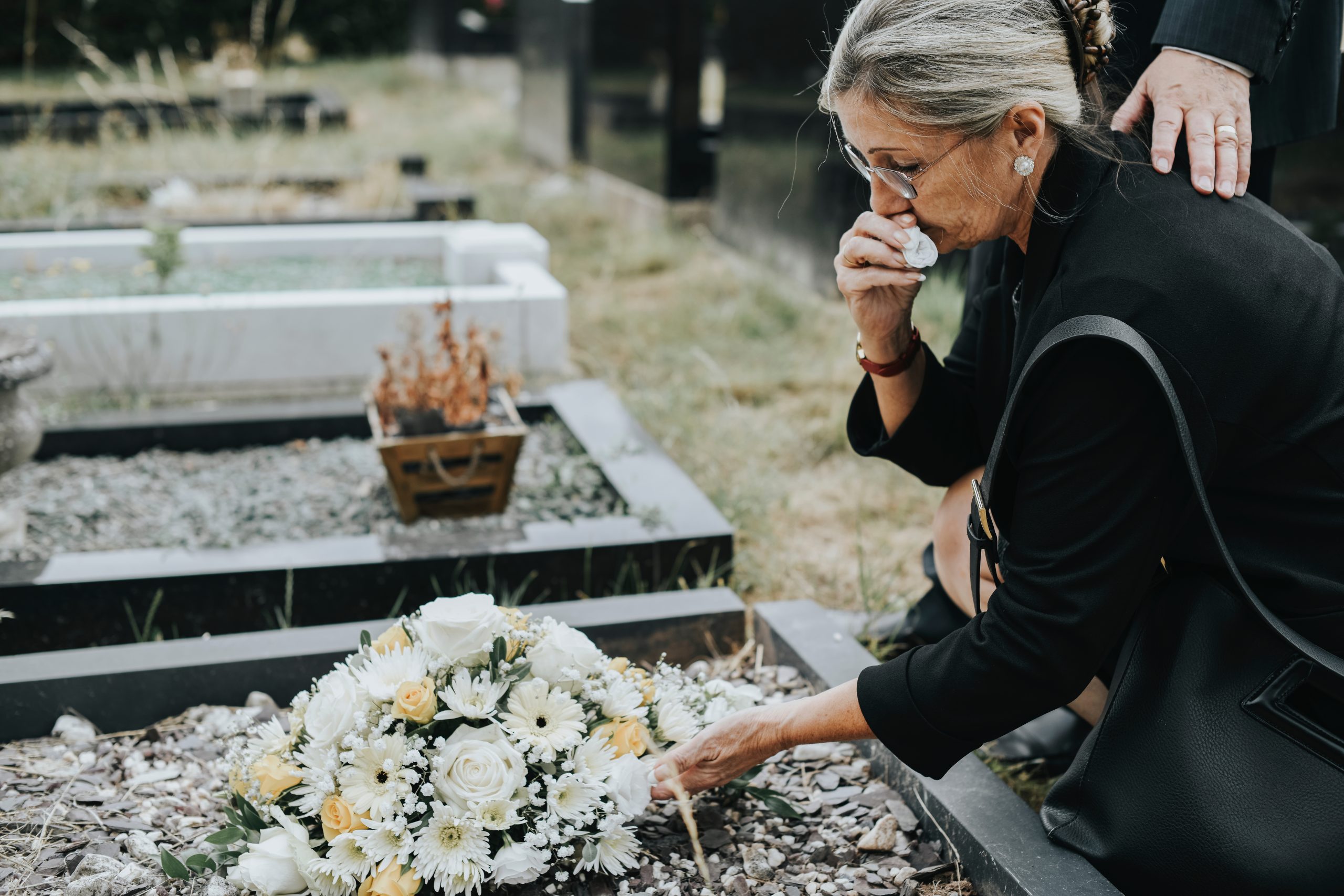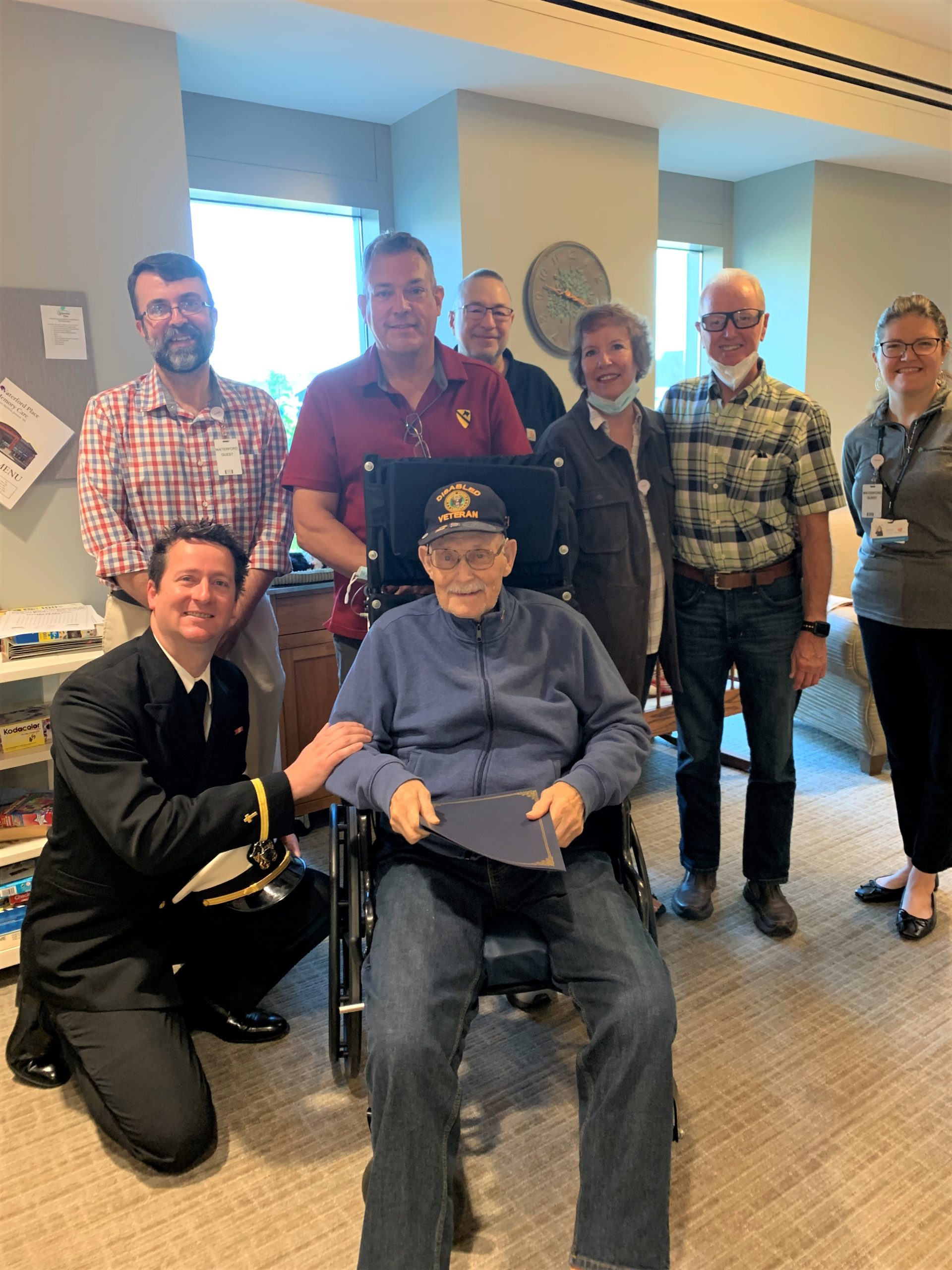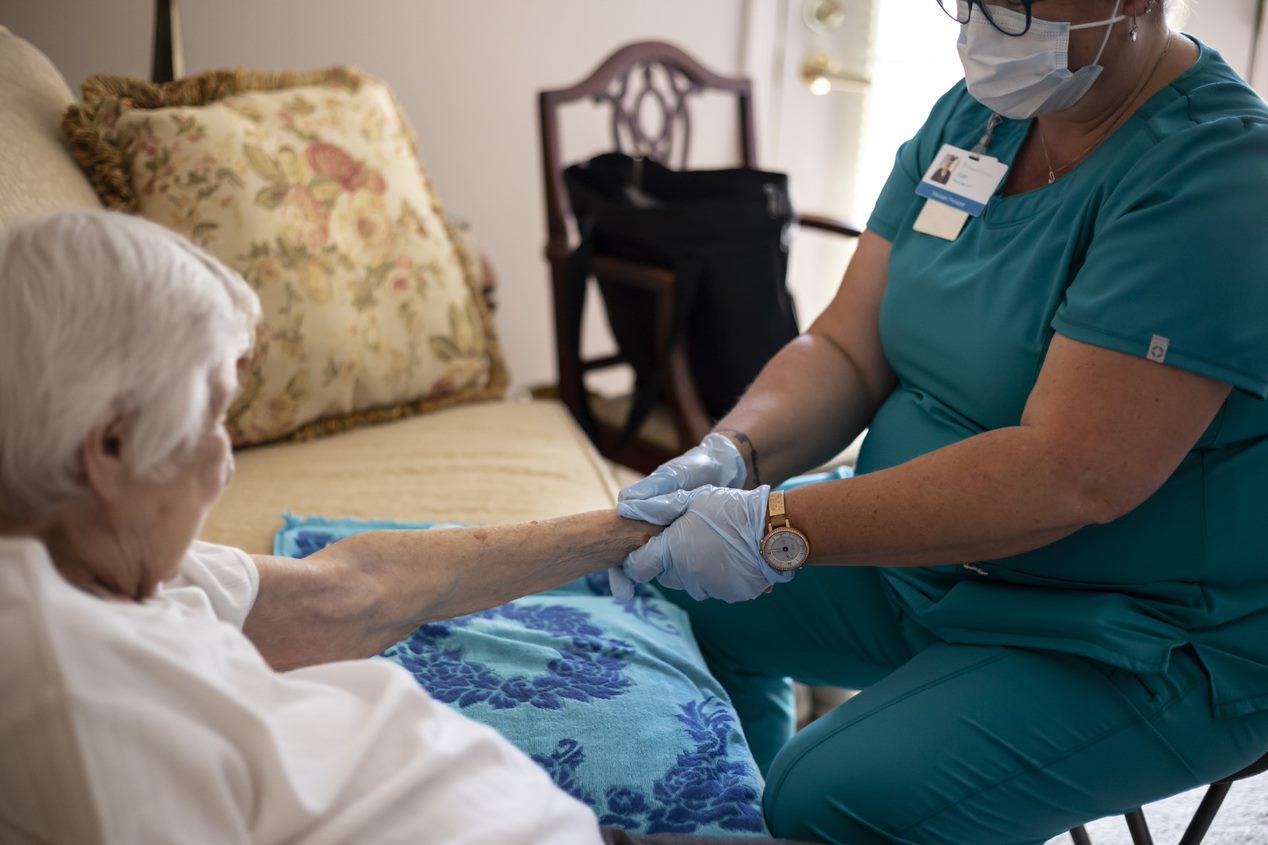Grand Rapids, Michigan, Jan. 3, 2023 – Emmanuel Hospice has been awarded a $5,000 grant from the Kenneth A. Scott Charitable Trust, a KeyBank Trust, to support its growing pet visitors program.
One of the nonprofit’s most popular programs, pet visitors help hospice patients reduce feelings of
loneliness, depression and anxiety with visits from comforting, engaging and playful pets. The grant will help cover program expenses, enabling the organization to provide more comfort, care and joyful opportunities to ensure patients’ final days are lived as fully as possible.
Emmanuel Hospice provided almost 300 pet visits last year. The organization currently has seven active pet visitor teams and is looking to add several more in 2023.
Pet visitors and their human companions are specially trained and selected to match each patient’s specific needs, energy level and abilities. Emmanuel Hospice makes all the arrangements needed for a pet to become certified as a pet visitor on the volunteer’s behalf and covers the certification cost through grant funding and donations.
The process involves documentation of current wellness exams and vaccinations as well as three observation visits. Those interested in joining the volunteer program can find more information and register at EmmanuelHospice.org/volunteer.
Scott Trust’s goal is to provide excellent care and support for domestic animals throughout their lives, especially those in underserved areas. Many of the pets participating in Emmanuel’s volunteer program are older or adopted from shelters and have been able to find new lives of meaningful service and connection volunteering as pet visitors to people in end-of-life treatment.
Emmanuel’s application for the grant read in part: Emmanuel Hospice hopes to highlight that every life has worth. Even older pets who are in shelters can have meaningful work and make a significant positive contribution to a person’s end-of-life care.
Services like Emmanuel’s pet visitor program exist in both hospice and hospital settings, though less than 5% of local hospice patients have access to these programs outside of Emmanuel’s services. The organization shares its policies and program successes with other nonprofit hospice organizations to promote the best patient care and animal stewardship practices.
Emmanuel’s pet visitors program is one of many complementary offerings the nonprofit provides as part of its holistic approach for caring for the mind, body and spirit. Complementary programs can be used alongside pharmaceutical approaches or as an alternative. Other offerings include massage therapy, music therapy, virtual reality, essential oils, acupuncture and more.
Complementary services are not covered by traditional insurances, but provided at no cost to patients through the support of volunteers and donations. To learn more, visit EmmanuelHospice.org/holistic-care.
About Emmanuel Hospice
Emmanuel Hospice is an interfaith provider of compassionate, person-centered hospice care to patients and their loved ones in West Michigan. Serving the community since 2013, the nonprofit draws on a team approach that focuses holistically on mind, body and spirit, working to enhance each patient’s life with a combination of expert medical care, spiritual counseling and complementary therapies. Emmanuel Hospice has expanded to serve all of Kent and Ottawa counties and portions of Allegan, Barry, Newaygo, Ionia, Montcalm and Muskegon counties. For more information, visit EmmanuelHospice.org.




